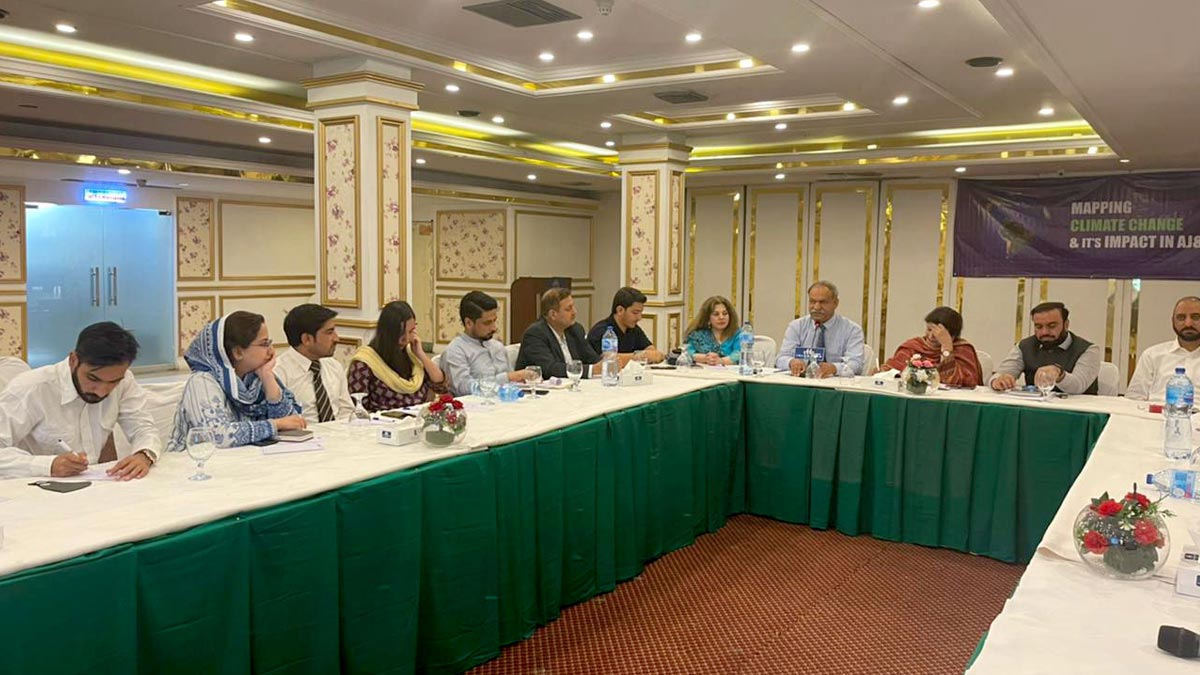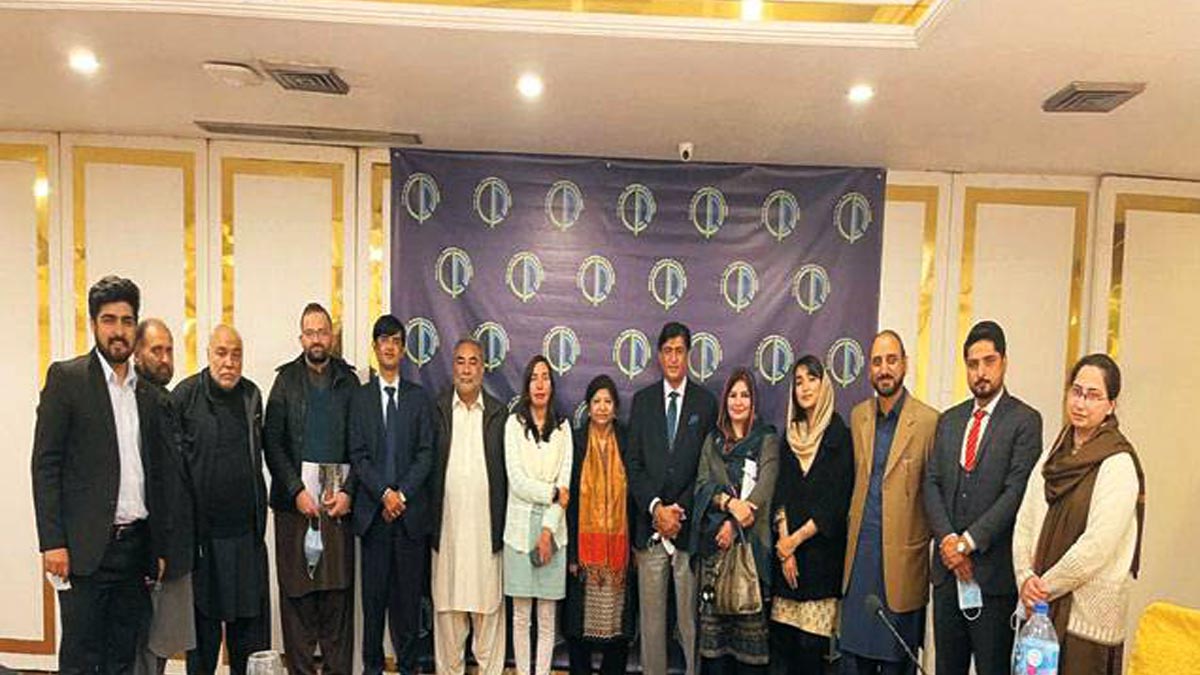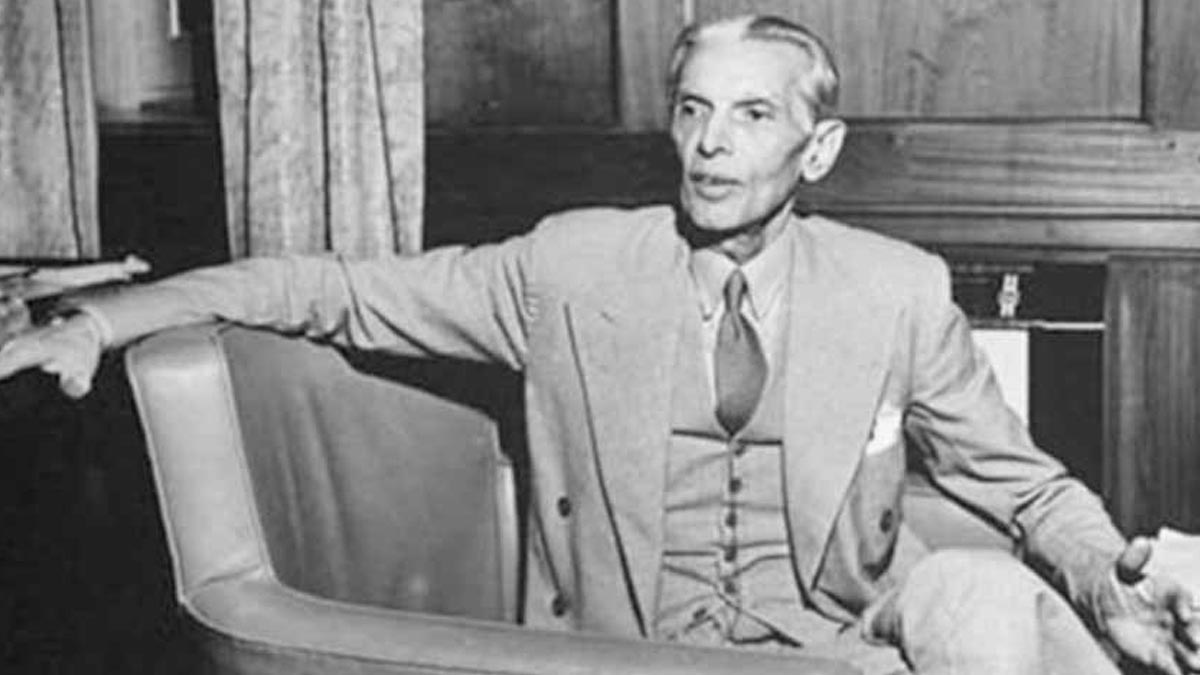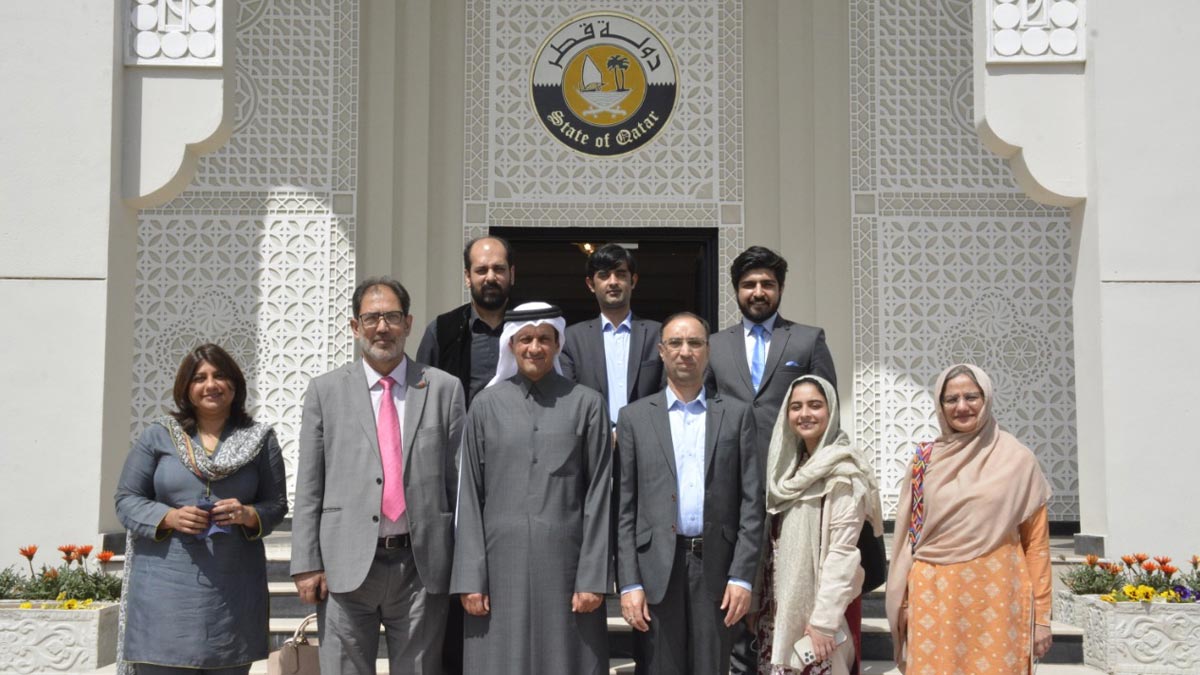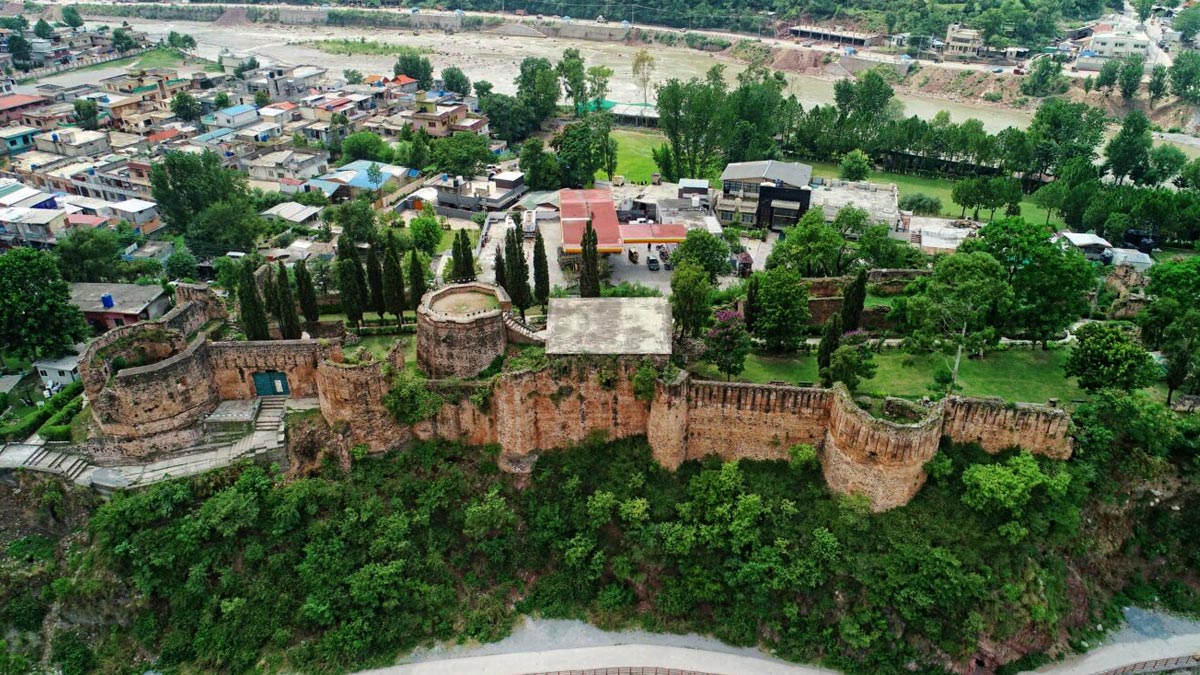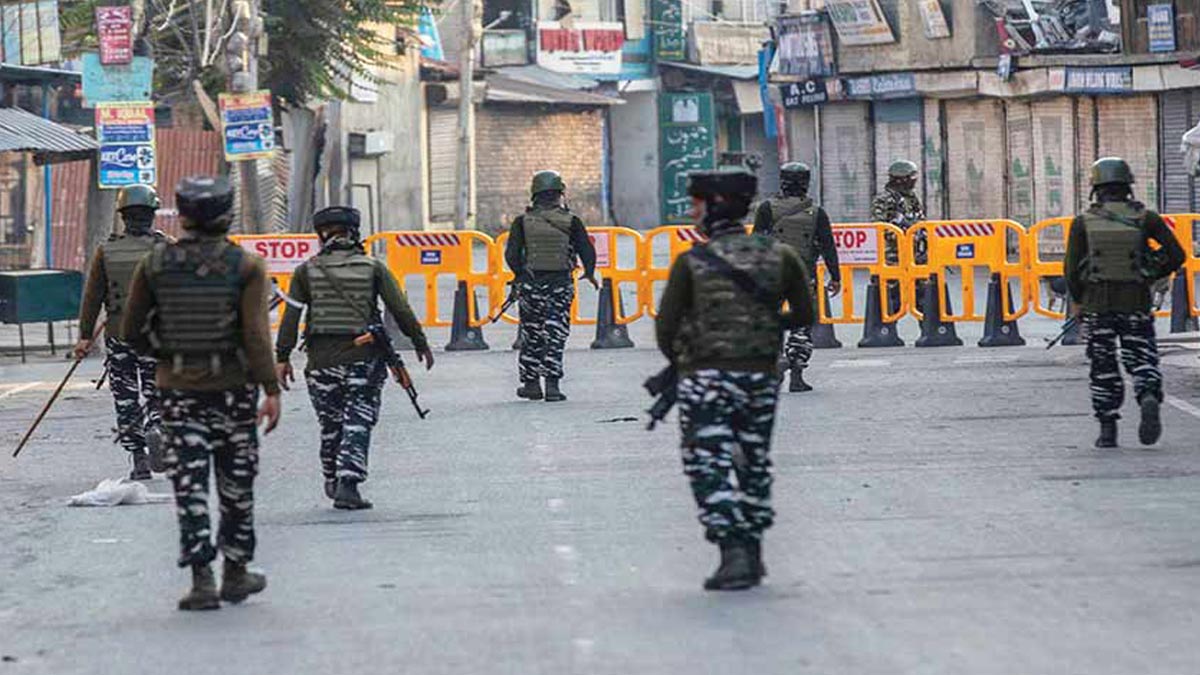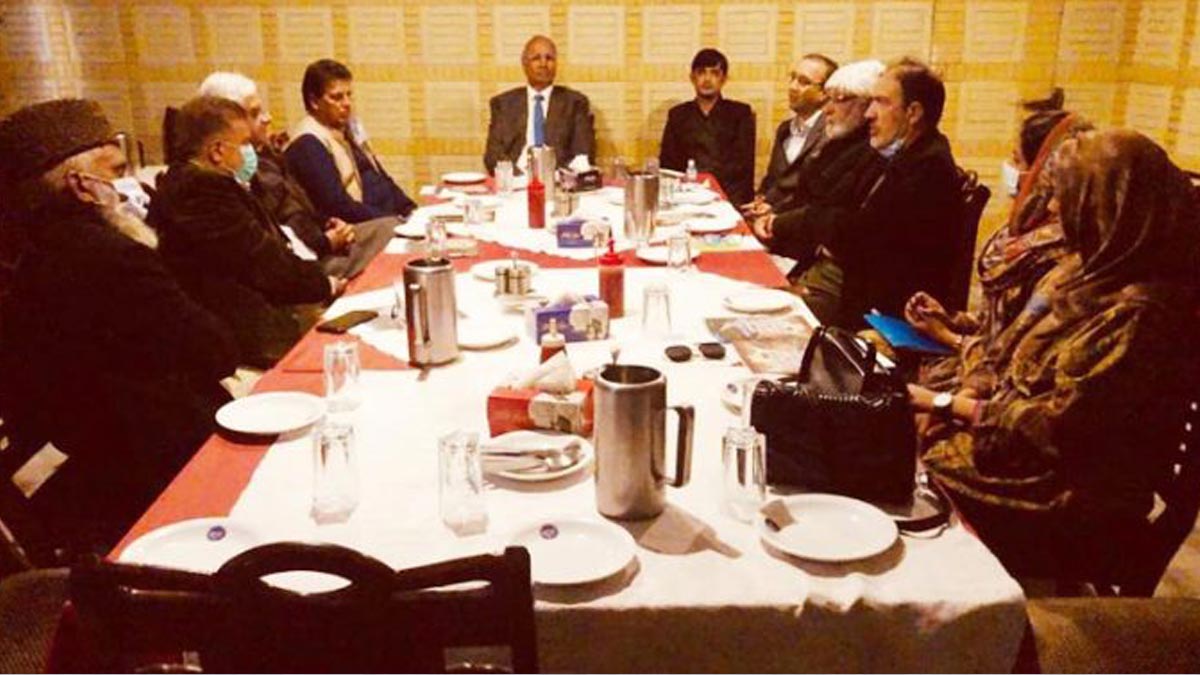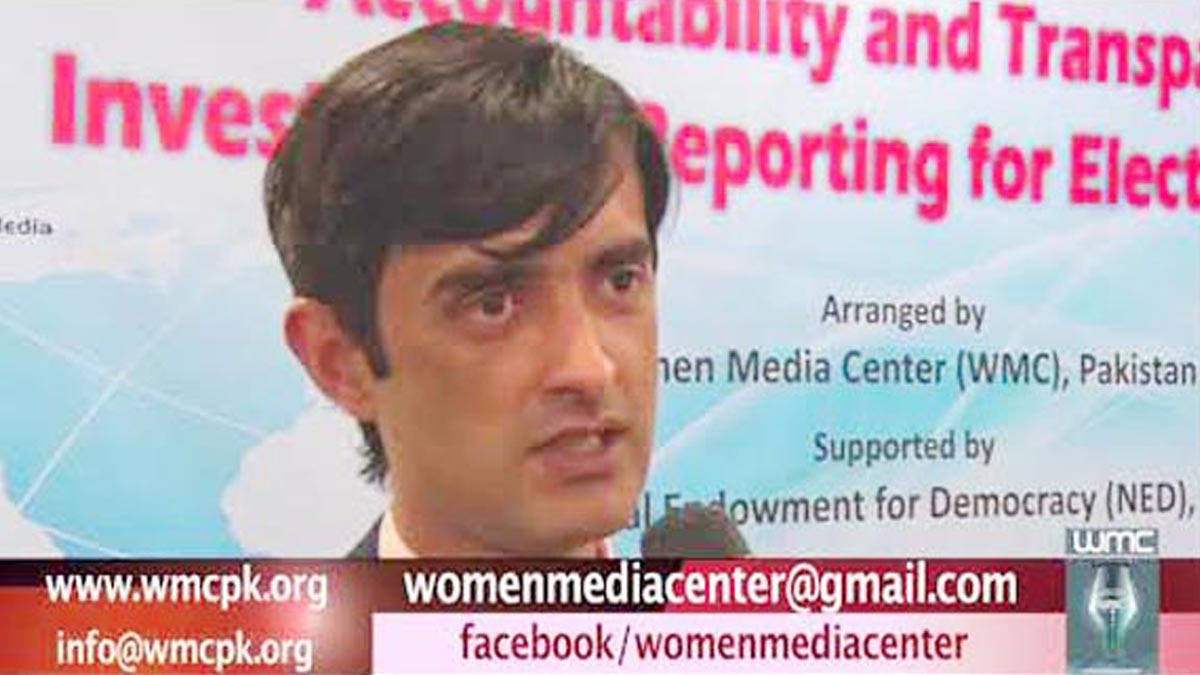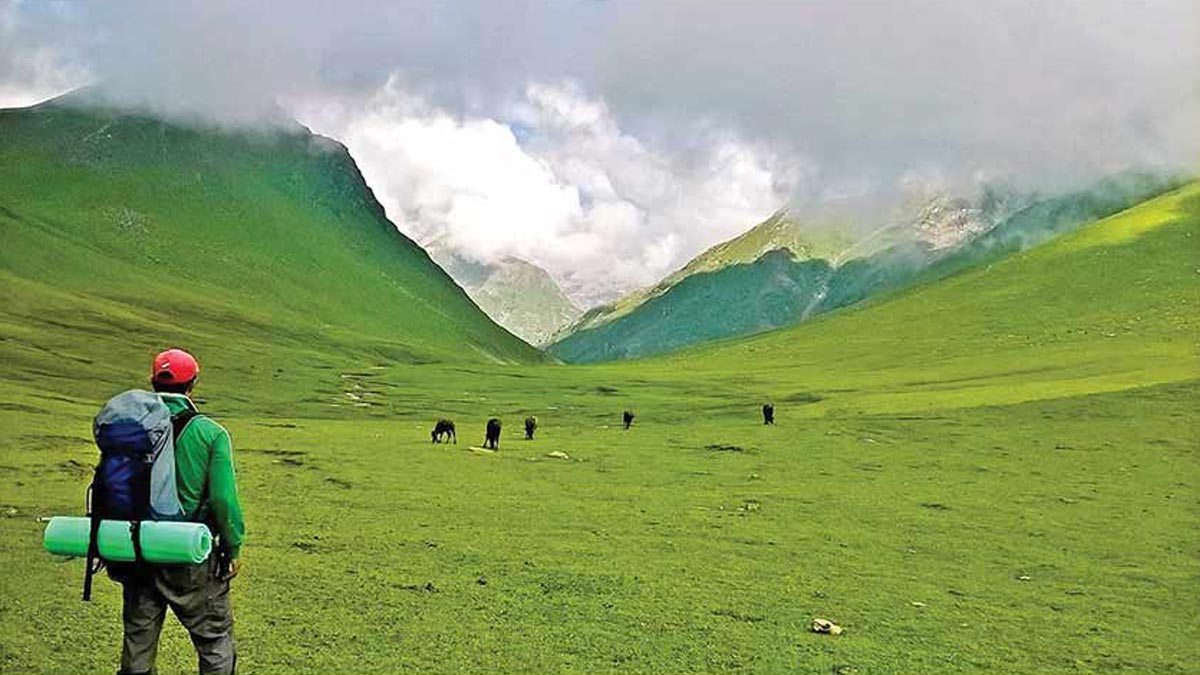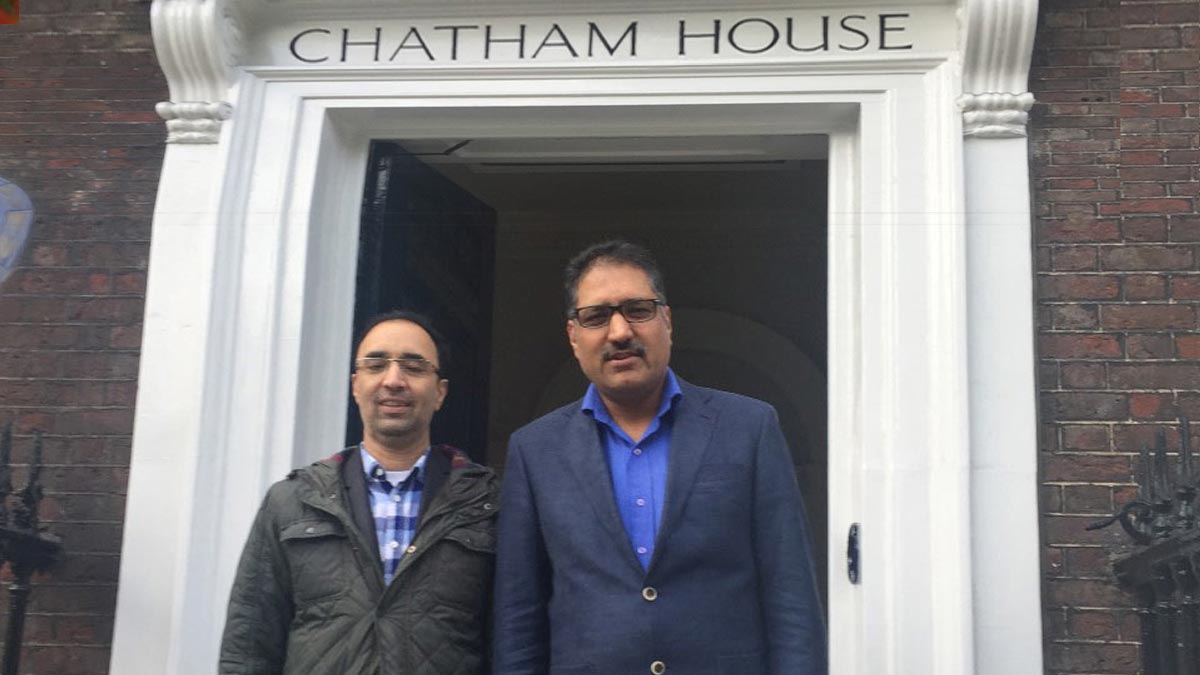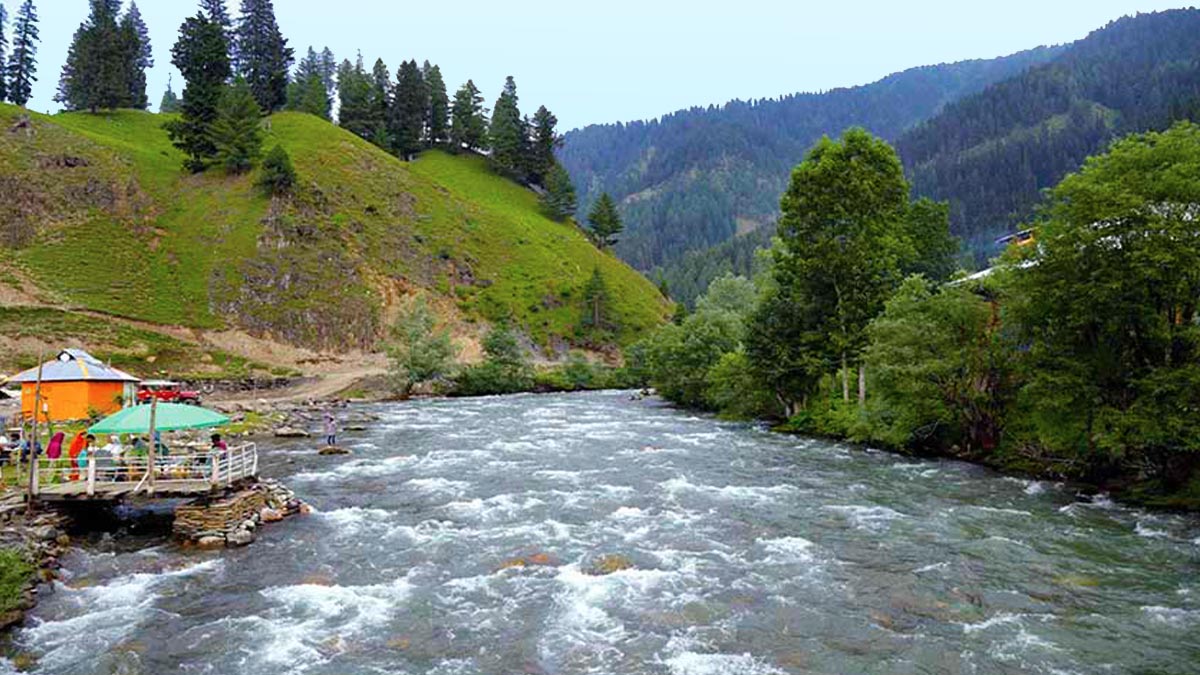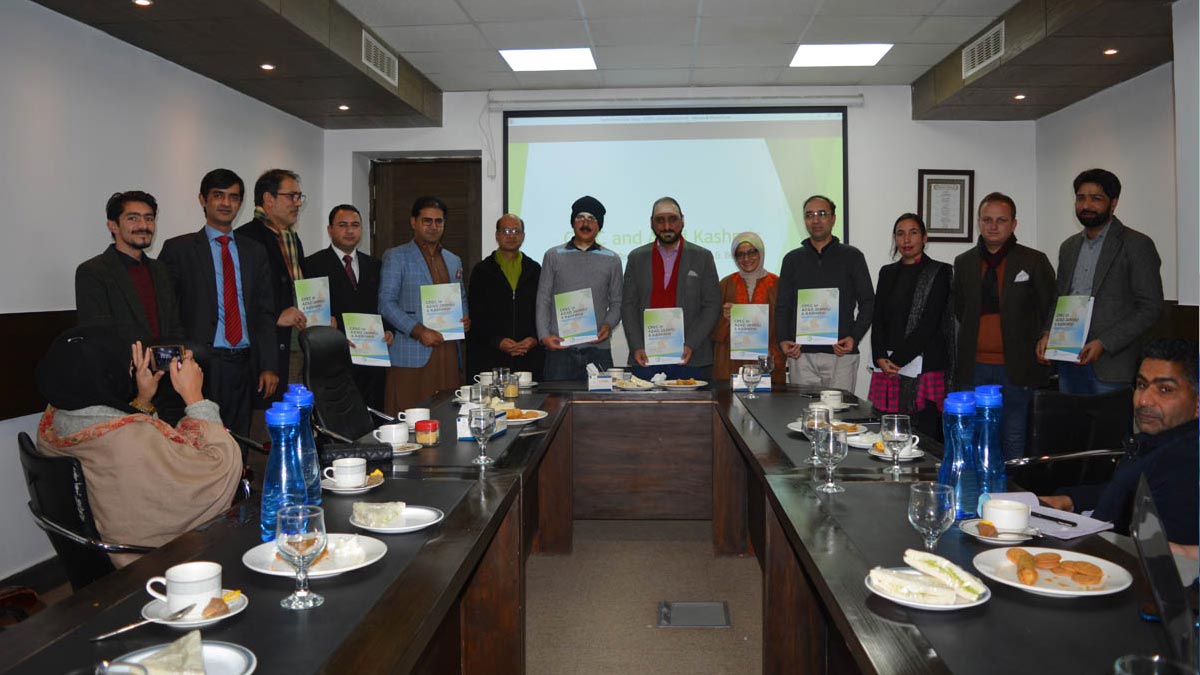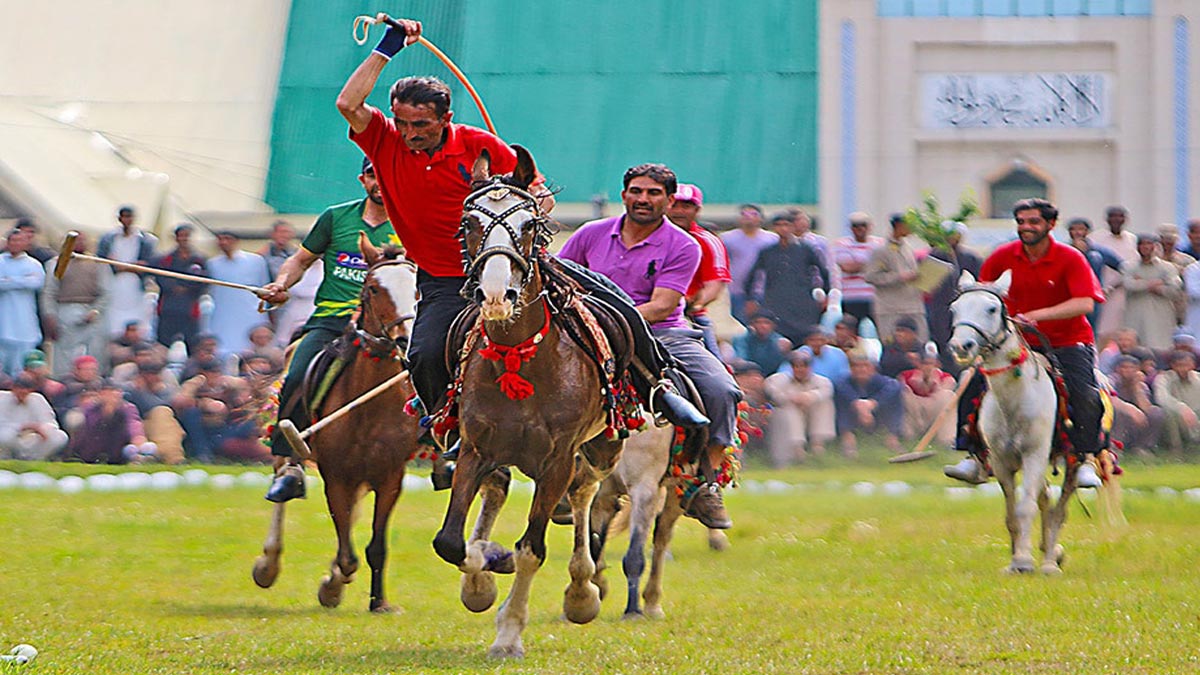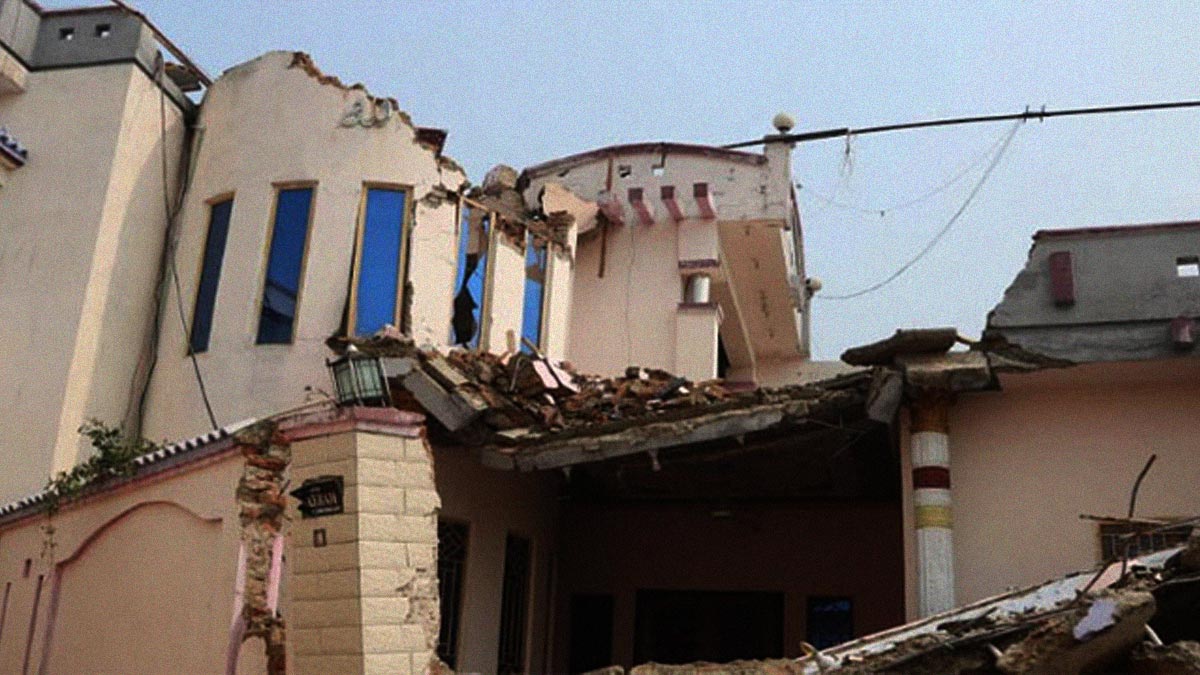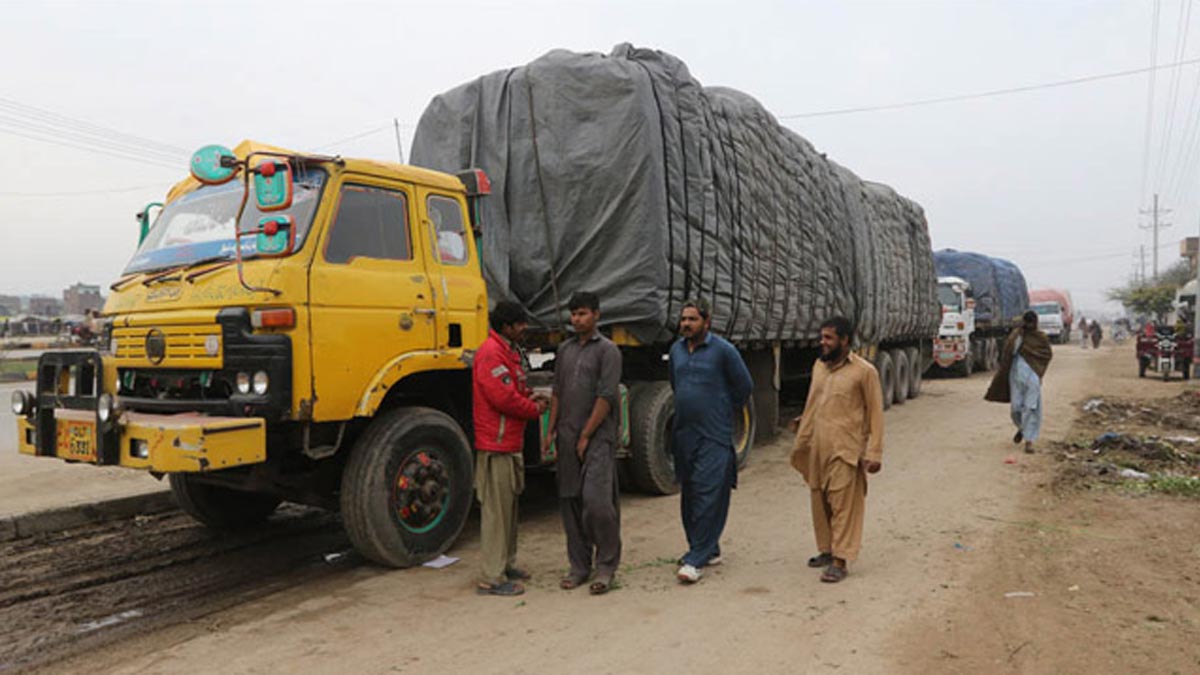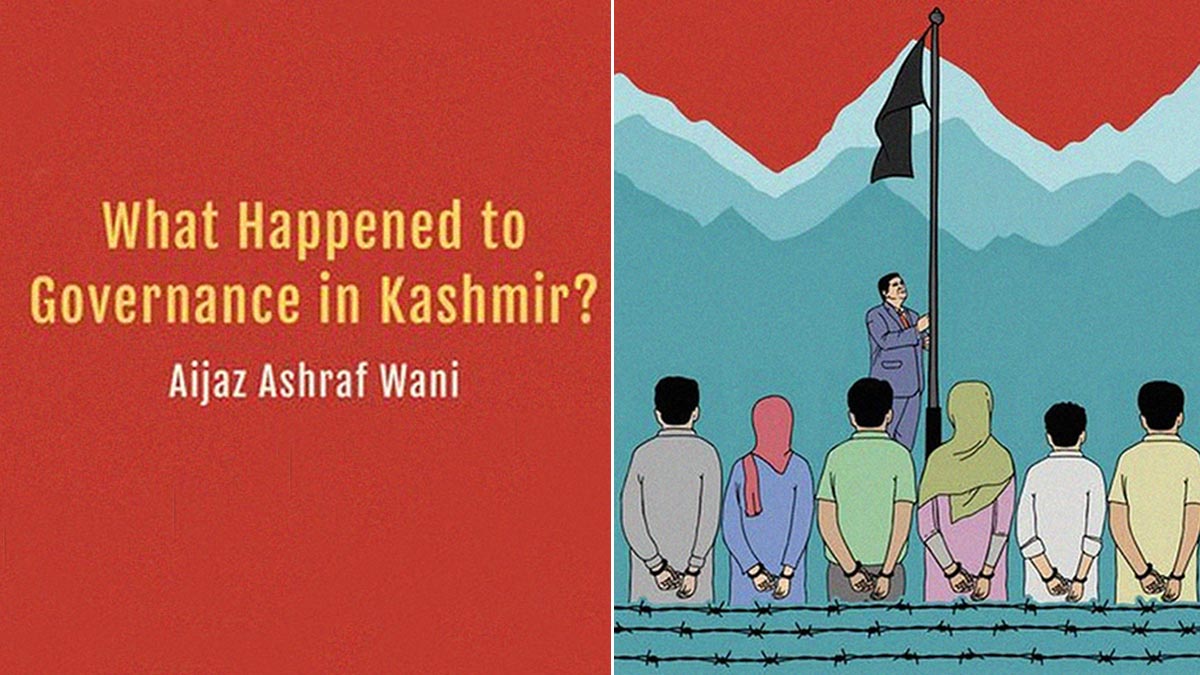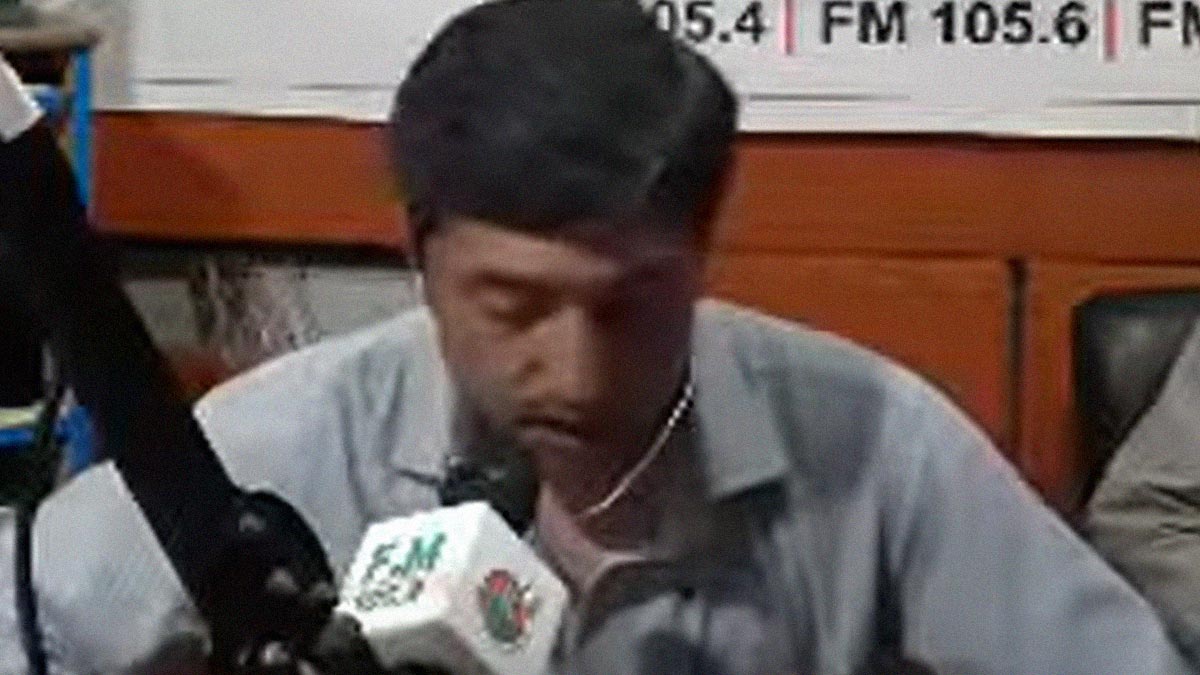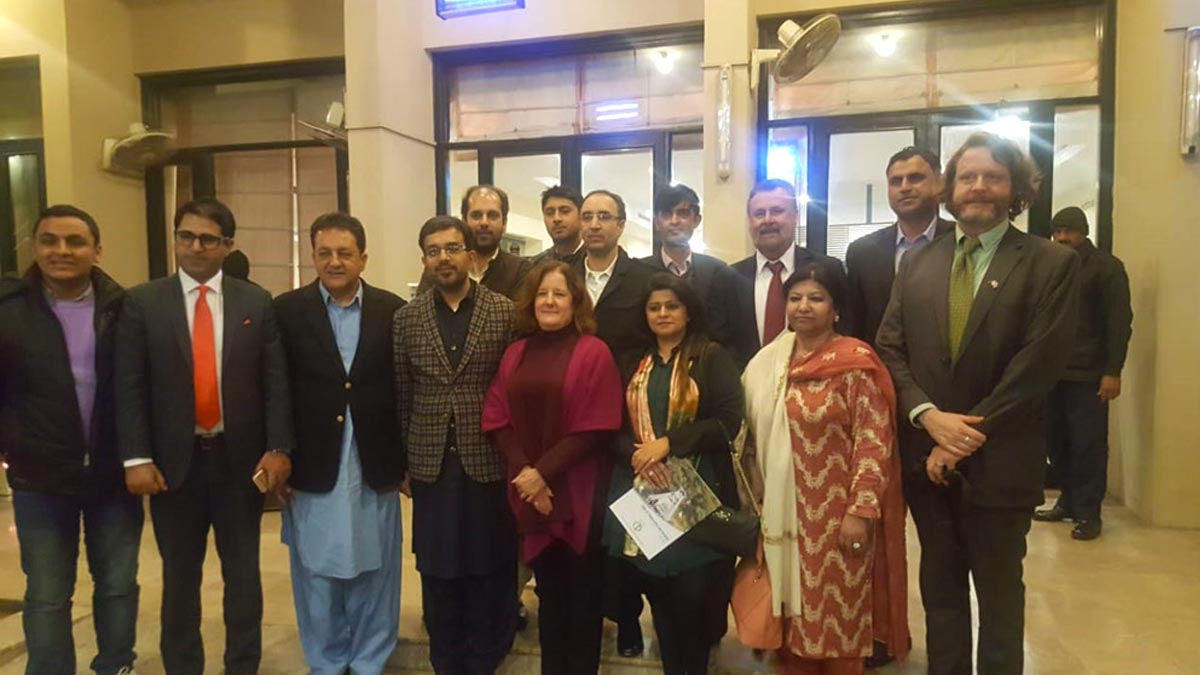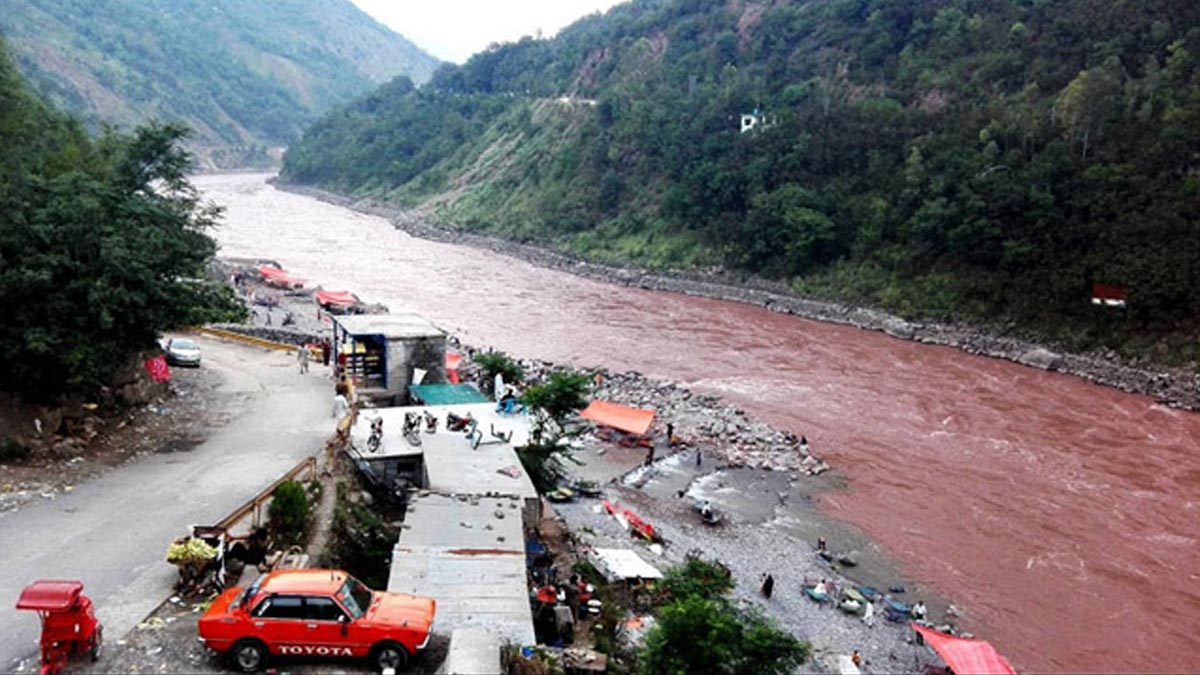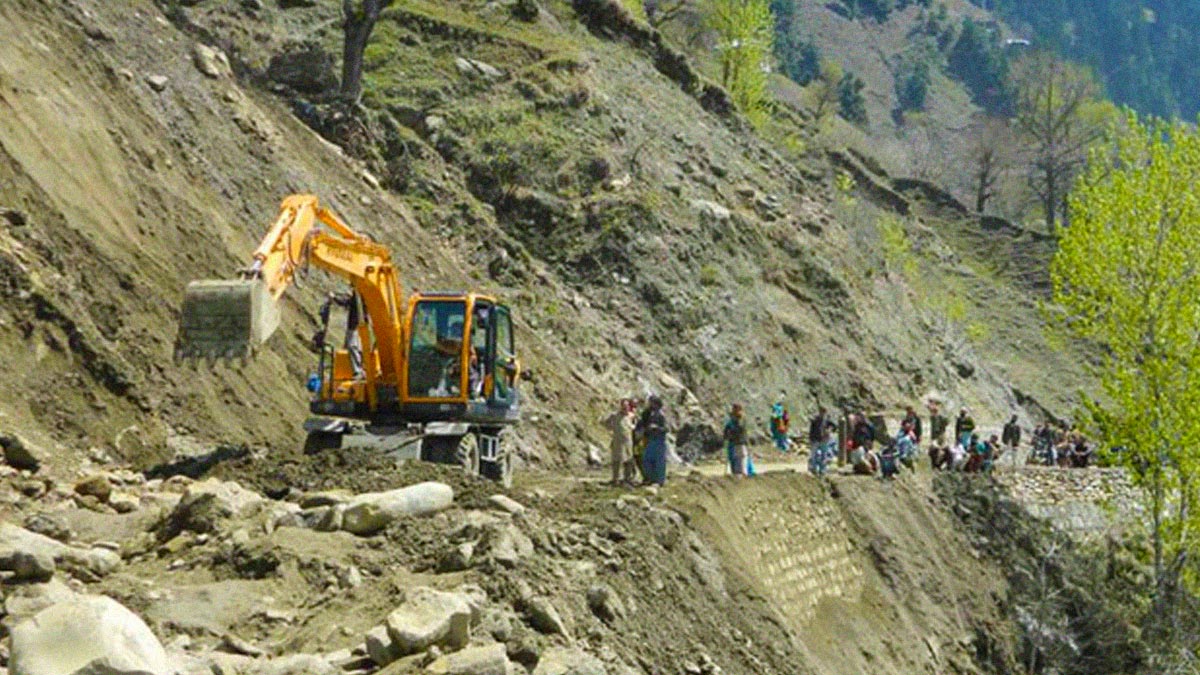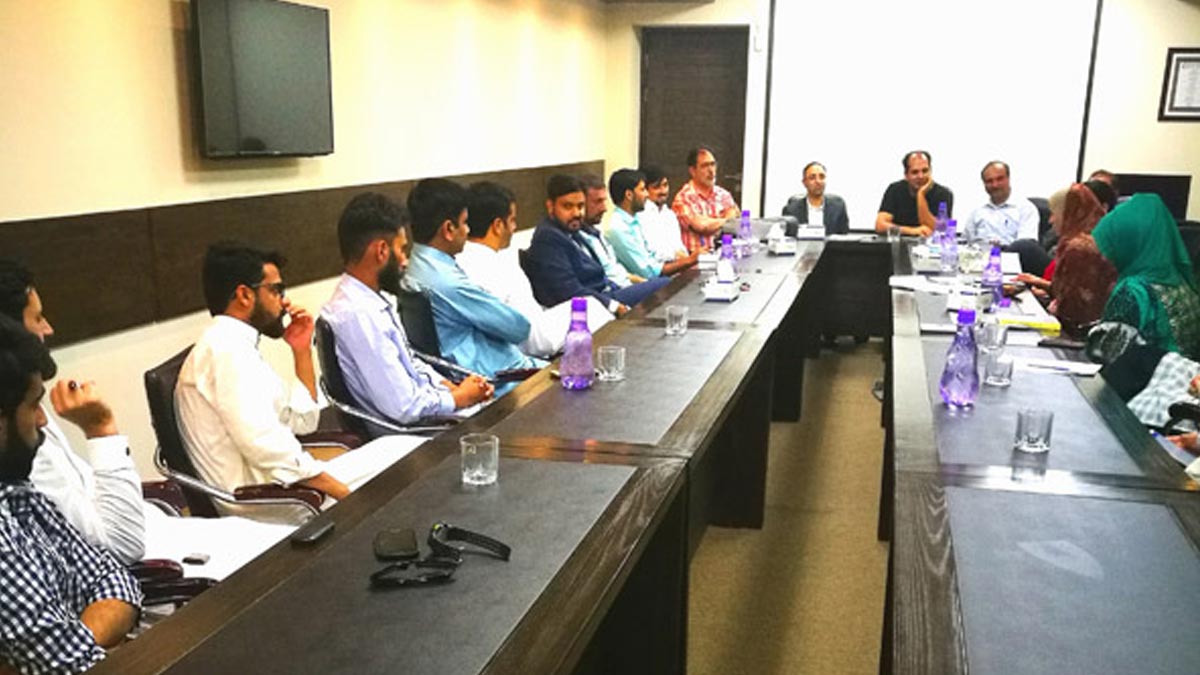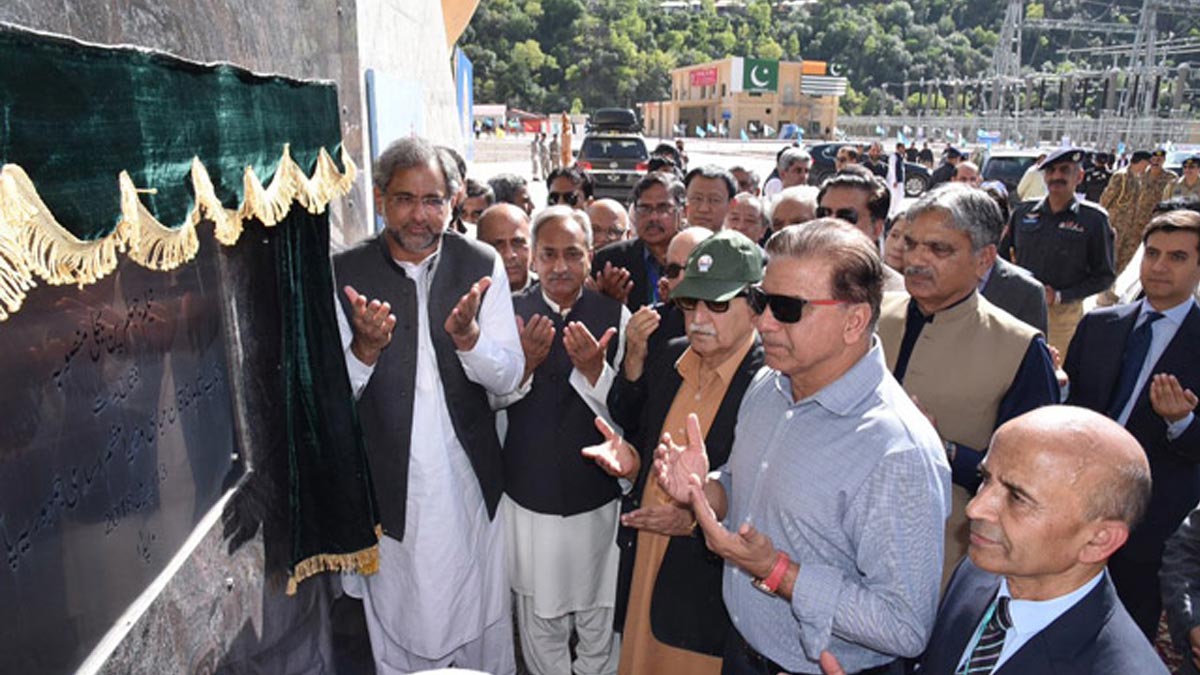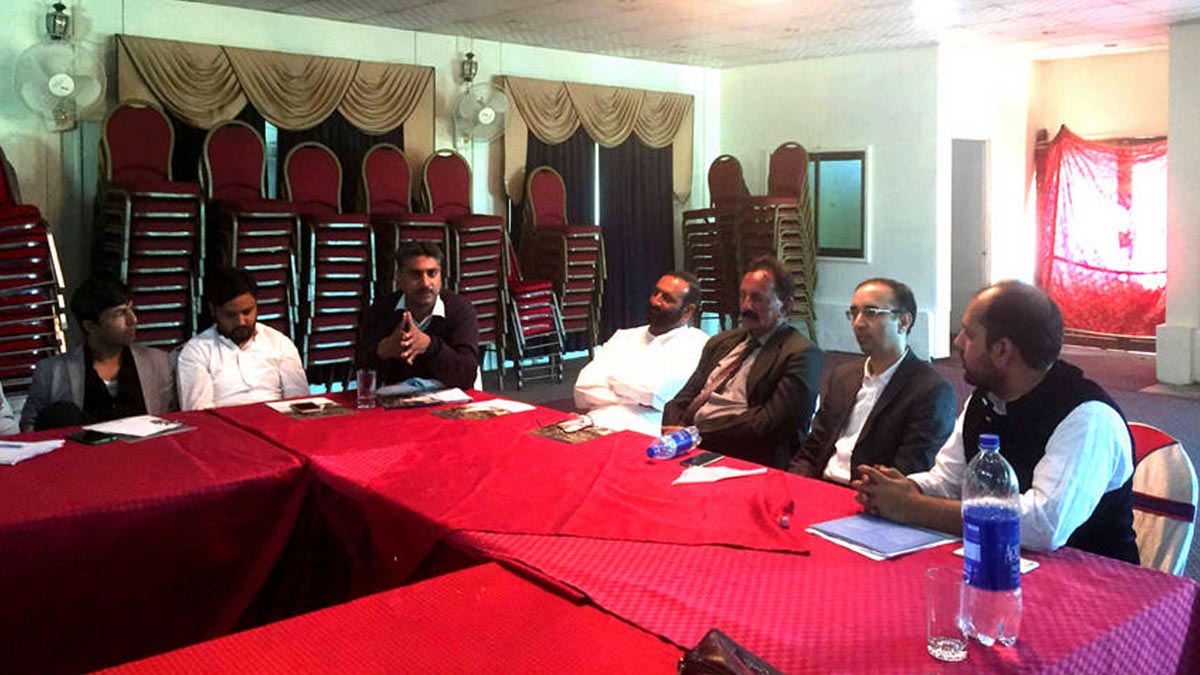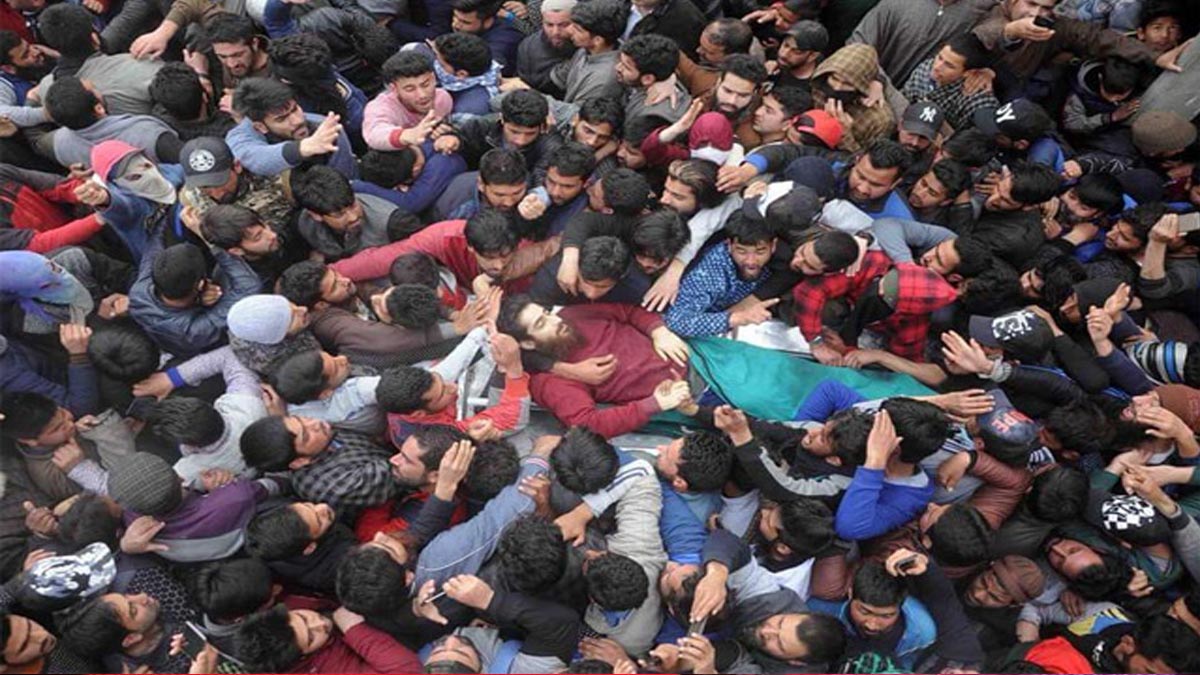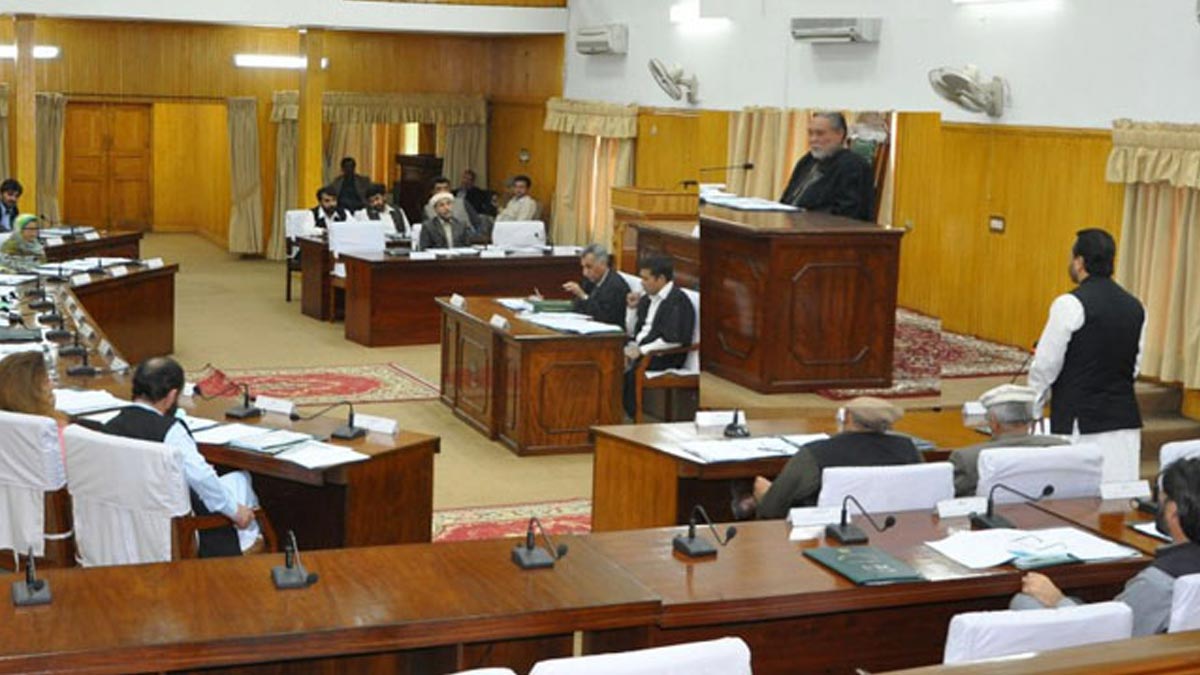- February 20, 2018
- @admin
- 0
- 20th February 2018
- Sardar Qaiser Khan
Thread of RSD, tied across three regions of erstwhile State of Jammu Kashmir has now untied itself in PaK
In an historical development of late, it was reported that Prime Minister of Pakistan and his cabinet have finally recognized the overwhelming public demand of Kashmir Council’s abolition and return of all subjects to the elected assembly of Pakistan administered Kashmir (PaK).
The formal announcement is due next month upon arrival of Pakistan’s Prime Minister Shahid Khaqan Abbasi in Muzaffrabad.
A tumultuous political struggle of seven decades has finally resulted in this massive achievement for the people of PaK who had long dreamt for a fully autonomous and empowered governance set-up.
This is a giant leap forward in PaK’s struggle for internal autonomy. It not only will usher an era of rapid economic development but will also cater for the growing identity crisis that had almost engulfed our entire political discourse.
A huge discontent and resentment, especially among youth was brewing up in PaK, protests and rallies demanding empowerment of PaK and sanctity of vote had become a regular feature of the local political discourse.
Raja Farooq Haider Khan, the incumbent Prime Minister of PaK exploited this sentiment and in his election campaign promised to people; “I will see to it that Kashmir Council goes or else I will retire from politics.”
It was the Interim Act of 1974 that constituted a supra-constitutional body called Kashmir Council which in cohort with Islamabad’s bureaucracy ran a parallel government in PaK.
The Council had authority over legislation on 52 important subjects that included tax collection, revenue generation and tourism etc.
The elected assembly of PaK was left to legislate over four subjects only but now it’s only a matter of time before this political setup is turned upside down.
The PaK Government of the erstwhile State of Jammu Kashmir offers an interesting study for those interested in understanding the evolutionary process of national self-determination.
Born out of an indigenous rebellion against an authoritarian kinship rule on 24th October 1947, the new government proclaimed itself as representative of the entire State of Jammu Kashmir.
In its first declaration, it pronounced itself as a non-communal government asking India, Pakistan and international community to recognize the legitimacy of its rule over the liberated area of Jammu Kashmir.
This claim however wasn’t supported by UN and other neighboring countries but it set the ball rolling for peoples’ struggle for Right of Self-Determination (RSD).
The next phase of this struggle came in 1970 when a mass agitation was launched across the widespread of PaK.
It called for a direct election on the basis of universal adult franchise so that people could elect their representatives directly to the legislative assembly.
The struggle materialized in 1975 when the first general election for a representative assembly was held in PaK and that process hasn’t been stalled from last five decades.
The struggle that started in 1947 from Poonch upon imposition of unlawful taxes is about to enter its third phase where for the first time in history, the focus of entire struggle will shift genuinely towards the Kashmir Valley.
The general talk in the town is that by settling our equation with Pakistan peacefully on an equal basis, it is very likely that people of PaK will now eye for a direct role and responsibility in the relentless struggle of the masses across the LoC.
The thread of self-determination, tied across three regions of erstwhile State of Jammu Kashmir has now untied itself in PaK. It was supposed to cut through its knots in Kashmir Valley and Jammu first but that hasn’t happened so far.
Even the likes of Sheikh Abdullah, Mufti Saeed and Farooq Abdullah haven’t been able to extract a little autonomy for J&K from India which makes it quite evident that Delhi has never considered the option of autonomy seriously, it has other designs for Kashmir.
The mainstream parties who often used to quote the dilapidated state of affairs in PaK will now find it very difficult to convince people not to look across LoC for help and inspiration.
This timely move by Pakistan has again reinstated the fact that for convincing Pakistan on matters of self-determination and internal autonomy, mainstream politics and engagement with Center is the key but when it comes to India, these methods don’t yield necessary results.
In fact, not only the method of public agitation but Joint Resistance Leadership’s policy of being soft towards Pakistan now stands vindicated after the recent development in PaK.
This is a positive sign for the movement but a warning for Delhi that tide is turning against her.
Media Links: Click Here
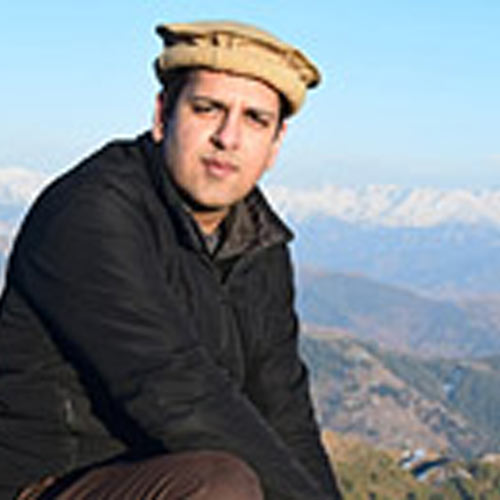
Qaiser Khan
The author based in Rawalakot and works as a consultant with Center for Peace, Development and Reforms (CPDR): sqkhan47@gmail.com









